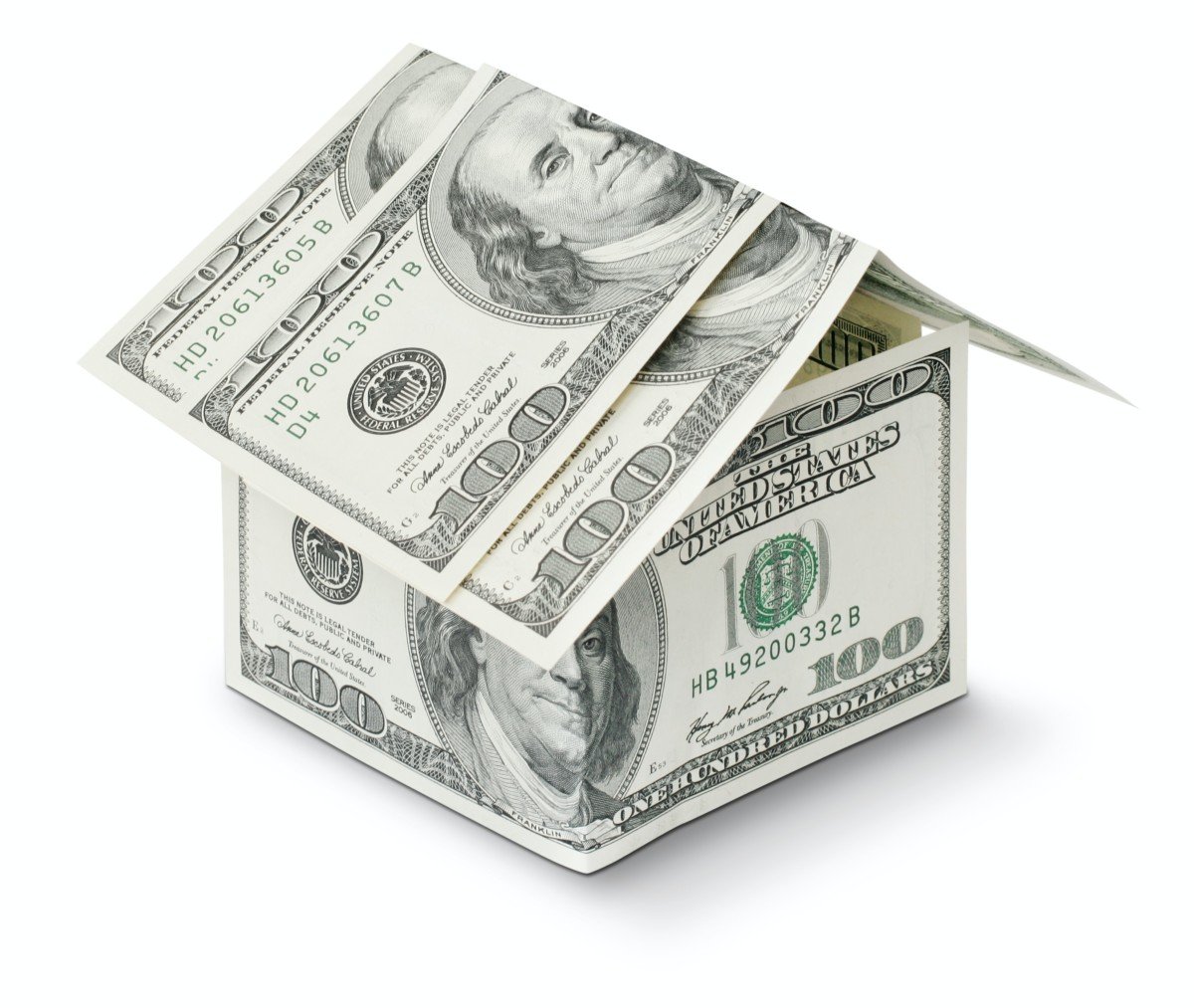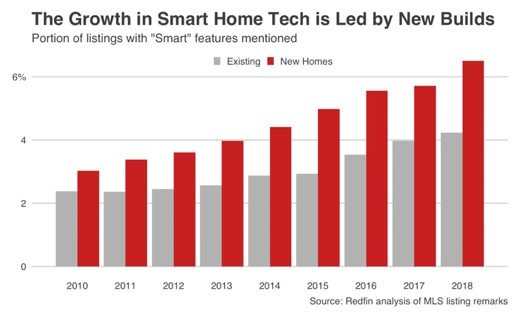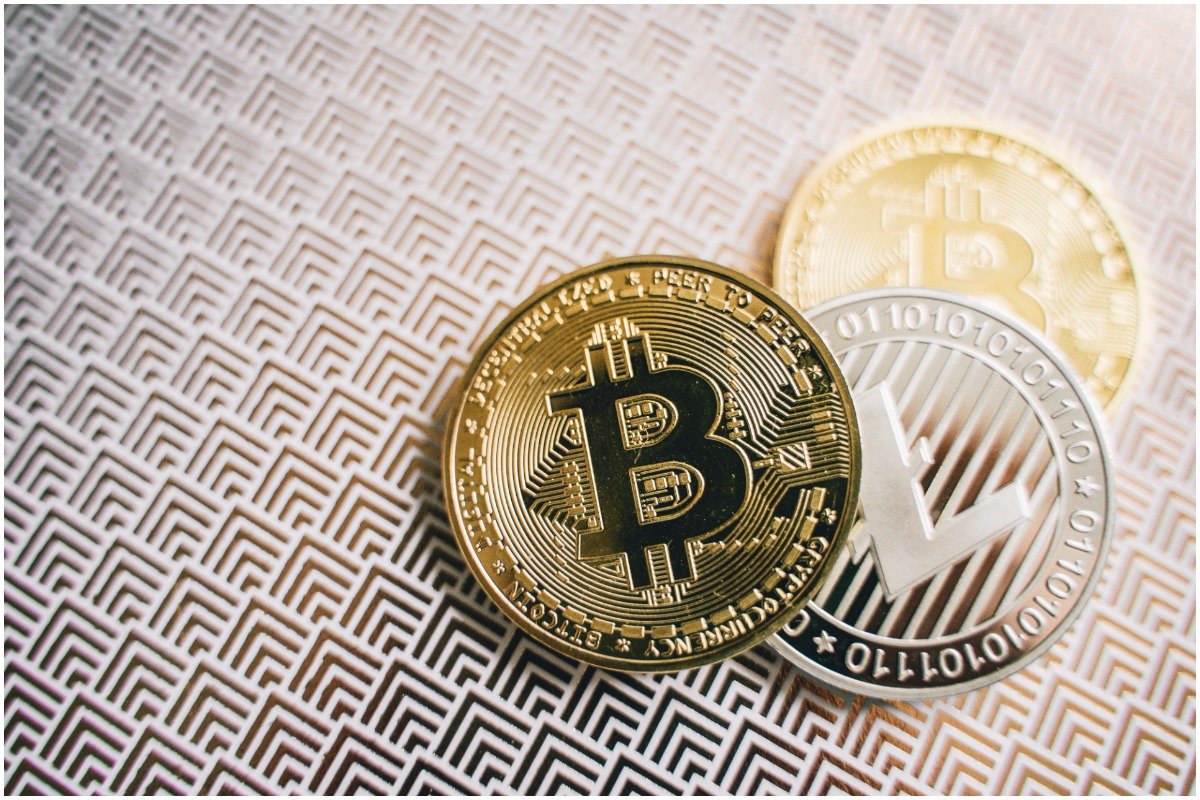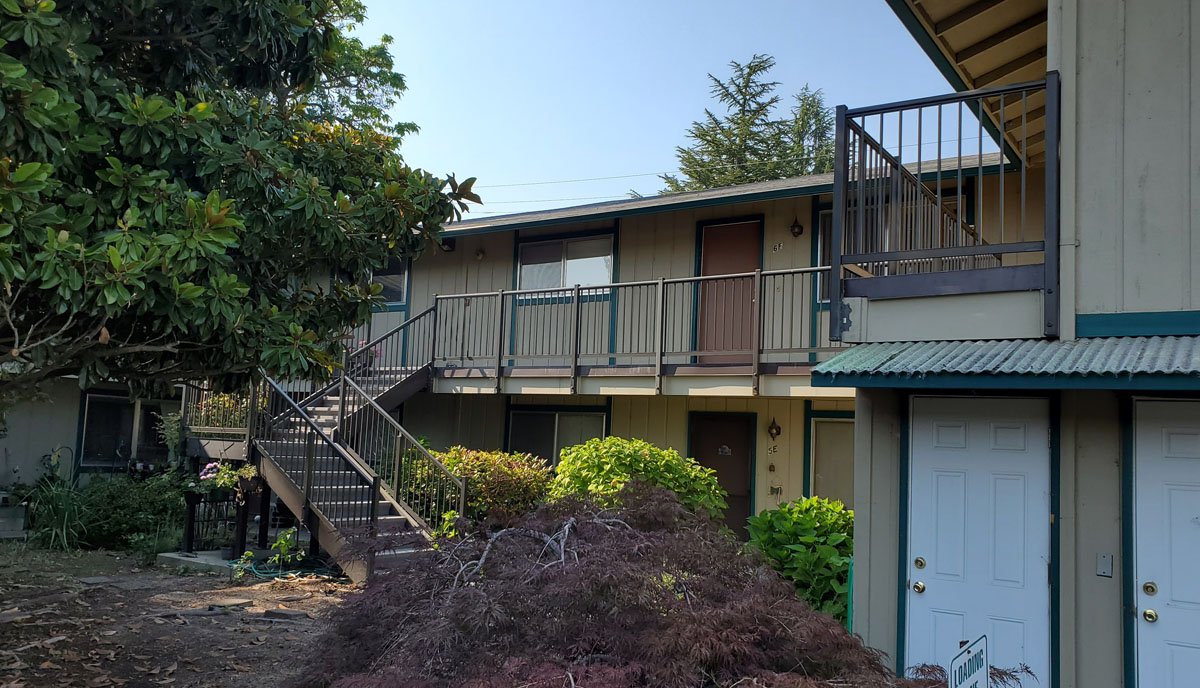Costs are up virtually all over the place – from meals, to fuel, to residence costs. In February 2012, the nationwide median sale worth of a home within the U.S. was $160,000. Greater than ten years later, that quantity is as much as a document $423,000. Houses in markets like Seattle, WA, often face bidding wars, whereas nationwide, almost 6,000 have bought for $100,000 or extra above asking worth this 12 months. Residence costs have been steadily rising for years, however they’ve dramatically elevated in latest months. Why?
There are three main explanation why housing is at present so costly: restricted provide, excessive demand, and historic inflation charges. The housing market is carefully tied to the nation’s financial system and has traditionally been a secure funding possibility for homebuyers. Nonetheless, post-pandemic components have raised common nationwide inflation charges to a historic excessive of 8.3% in April. Unsurprisingly, inflation influences the true property market to a big diploma, pricing many individuals out of each homeownership and rental properties.
The federal government normally combats inflation in actual property by growing mortgage rates of interest, however costs proceed to rise regardless. So what comes subsequent? Will inflation trigger the market to chill down? Will home and rental costs drop or rise? What does this all imply for homebuyers, sellers, and renters? Let’s discover out.
Redfin doesn’t endorse any of the businesses or companies talked about. Redfin strongly recommends that buyers make independently-informed monetary selections which can be proper for his or her state of affairs.

What’s inflation?
Inflation is the rise in costs over a sure time frame, similar to rising residence costs or the price of items. This implies your greenback is not going to go as far tomorrow because it does immediately. Many specialists and governments think about inflation a key a part of a wholesome financial system when used alongside different financial instruments. Due to this, nations typically construct inflation into their long-term insurance policies. For instance, within the U.S., The Federal Reserve (Fed) goals for a 2% inflation fee 12 months over 12 months. Because the financial system grows and provides extra jobs, more cash is accessible for everybody, and customers purchase extra spending energy. On this wholesome financial system, a nation’s cash provide and financial development ought to develop parallel over a protracted interval. In different phrases, provide and demand ought to stay balanced.
The first reason behind long-term inflation is when cash provide outpaces financial development. An excessive amount of cash signifies that the nation’s foreign money slowly loses worth, resulting in greater costs and slower financial development. To fight this, financial authorities handle the provision of cash and credit score. Additionally they measure the worth adjustments for numerous services to find out inflation charges.
Inflation can balloon as a result of restricted provide, manufacturing and distribution bottlenecks, or greater demand throughout a pandemic or pure catastrophe.
Varieties of inflation
When there’s an imbalance between provide and demand, it may trigger inflation, reducing customers’ buying energy. The federal government measures inflation charges with the Shopper Value Index (CPI) and the Producer Value Index (PPI), which monitor the costs of a diversified set of products for customers and companies. As the price of items goes up, they take the required steps to fight inflation.
Three important components affect inflation: demand-pull, cost-push, and built-in inflation.
- Demand-Pull Inflation: When demand will increase however provide stays the identical, costs improve. As customers develop their buying energy, competitors for items and companies grows with it, leading to greater costs. The sudden recognition of a selected product also can trigger demand-pull inflation.
- Value-Push Inflation: When provide is proscribed, however demand stays related, costs get pushed greater. This normally occurs throughout pure disasters or civil unrest. Oil costs are instance right here. When treaties or disasters cut back oil provide, costs go up as demand stays fixed.
- Constructed-In Inflation: It is a wholesome type of inflation that persists indefinitely, affecting almost the whole lot and everybody. As the worth of commodities will increase, folks demand extra wages to keep up their way of life. Extra pay results in extra spending, which results in extra services. Governments typically construct this long-term inflation into their financial methods.
Right now, as provide falls and demand will increase, the U.S. is experiencing each demand-pull and cost-push inflation. That is very true within the housing market due to traditionally low provide and excessive demand. “Excessive inflation is painful,” says John Stoj from Verbatim Monetary. “The easiest way to take care of inflation is to regulate spending and delay main purchases.”

How does inflation have an effect on the housing market?
Mortgage charges usually transfer in tandem with inflation. Traditionally, as costs went up, the Fed raised mortgage rates of interest, reducing demand and bringing costs again down. These days, as a result of provide is so low and demand is so excessive, rising rates of interest are as a substitute pricing extra folks out of houses.
Inflation isn’t the one issue that’s influencing housing costs. International provide chain points, pandemic-induced consumption traits, and zoning points contribute to the issue.
Robert Altshuler, Esq., affiliate dealer with Valley Luxurious Companions, notes that the housing market is completely different from different property. “The housing market is not like shares or different extra liquid asset courses within the financial system. Generally, shopping for and promoting selections happen in tandem, and a ‘sizzling’ housing market doesn’t profit every concurrently.”
Knowledgeable recommendation: look to the previous
For the reason that Eighties, inflation has been on a reasonably regular decline. Now that inflation has come roaring again to multi-decade highs, the Fed is elevating rates of interest once more. This results in a softer, tighter housing market as a result of greater mortgage funds. – Rainier Trinidad, CFA, President of Parabolic Asset Administration
Increased mortgage charges cut back shopping for energy
Mortgage charges are central to the financial system; they react to and affect inflation charges. Mortgage rates of interest are additionally vital in figuring out mortgage and housing affordability. Many individuals get a fixed-rate mortgage (mostly a 30-year fastened APR) which retains the identical rate of interest for the whole lot of the mortgage. Due to their significance to a nation’s financial system, governments typically increase rates of interest when inflation worsens, which helps curb rising housing prices and decrease inflation.
Whereas nonetheless comparatively low, the 30-year fastened APR mortgage fee is at present 5.39%, in comparison with 3% a 12 months in the past. The upper fee signifies that homebuyers need to spend a whole bunch of {dollars} extra per 30 days than they did final 12 months. And, “as a result of inflation, the home you wished to purchase could now price $50,000 greater than what you have got in your price range,” says Sam Rico, CEO of PropertySpark.
“Although mortgage charges have gone up lately, they’re nonetheless under the inflation fee, which is sort of uncommon,” says Dan Kresh, a monetary advisor at Inventive Wealth Administration. “That is a part of why the housing market isn’t but seeing the pullback we have now seen with shares, bonds, and cryptocurrencies.”

What else influences housing costs?
Outdoors of regional pockets, housing costs within the U.S. are trending upward. Apart from inflation, why is that this occurring? There are a number of causes:
- Provide: In keeping with Freddie Mac, there aren’t sufficient single-family houses for many who need them — a scarcity of 4 million houses. This is because of fewer folks selecting to maneuver out of their present houses and the underbuilding of recent homes over the past decade.
- Demand: Demand for housing is excessive as millennials are of their prime homebuying years. “Purchaser demand considerably outweighs the variety of houses obtainable in our market,” says Enrique Medellin, Affiliate Dealer at PRG Actual Property. “Due to this, houses are receiving a number of presents, driving up the worth.”
- Wealth inequality: Wealth inequality is growing within the U.S. The wealthiest third of households can afford the few houses which can be on sale, pushing costs even greater.
- Pandemic-related components: Individuals are working from residence, which permits them to relocate. Constructing supplies are caught at ports, on ships, or in a truck. Lease can also be growing dramatically, so those that can afford houses are attempting to purchase them.
What does inflation imply for homebuyers and sellers?
As costs and rates of interest rise, homebuyers can anticipate to pay extra for much less, particularly in Solar Belt metros, the place inflation is rising the quickest. Mortgage charges decide whether or not or not most individuals should purchase a house. As charges rise, fewer folks will be capable of afford houses, which is able to encourage sellers to decrease asking costs. Nonetheless, residence costs gained’t flip round fully till there are sufficient houses for many who need them.
If you happen to’re trying to purchase a house within the present market, “be extra ready than competing consumers,” advises Brett McGovern, CEO of Bay Fairness Residence Loans, a Redfin firm. “Be pre-approved and have all required documentation able to go. By working upfront together with your mortgage officer, you’ll stand out as a professional and severe purchaser capable of get the transaction closed shortly. It will help you act instantly and confidently when the best alternative or timing presents itself.”
The tight market generally is a good time for sellers and traders to make a revenue on their property, supplied they’ll discover some place else to maneuver. “Though fewer consumers are coming into the market this summer season because of the greater rates of interest, summer season has all the time been one of the best time to promote your private home,” says Capri Ndikum, an actual property agent with Capri Sells Houses. “Houses historically promote sooner and for more cash in the course of the summer season.”
Knowledgeable recommendation: shopping for can nonetheless be the higher possibility
Rising rates of interest should not supreme, however they shouldn’t fully deter you from shopping for a house. You can purchase a home once you’re able to turn into a home-owner, not wait since you are timing the market. Time IN the market is all the time higher than timing the market. – Jason Cummings, a number one Denver, CO, actual property agent
Inflation and rising rates of interest put the squeeze on renters and consumers. Nonetheless, it nonetheless pays to purchase as a substitute of renting if you happen to don’t anticipate shifting. You lock in your hire and pay your self a portion of every mortgage fee. This isn’t 2008. Take coronary heart; there’s alternative forward. – the group at Fulcrum Monetary Group
What does inflation imply for renters?
There are a couple of explanation why hire costs are rising so shortly:
- Excessive demand
- An costly and aggressive housing market
- Versatile jobs
- Migration away from coastal cities
- The top of post-pandemic hire freezes and eviction moratoriums
- Extra rich renters
Within the present market, these components are influencing and reacting to inflation. Renting and shopping for are rising parallel to one another. Excessive housing costs are pricing folks out of shopping for, pushing extra folks into renting. This drives hire costs greater as demand outpaces provide. In lots of sunny metros, like Miami, FL, and Las Vegas, NV, hire costs have elevated by 20% or extra. Till housing costs fall, hire costs are more likely to proceed rising.

Inflation and home costs: the underside line
As inflation rises, housing costs rise. The federal government raises mortgage charges to fight this, as greater charges usually correlate to decrease demand, resulting in decrease housing costs. Within the present market, restricted provide, nice demand, and post-pandemic components are elevating residence costs to historic highs.
“There’s not a lot to be accomplished about current inflation that gained’t be painful,” says Daryl Fairweather, chief economist at Redfin. “When the Fed raises rates of interest to gradual inflation, it hurts debtors. Increased rates of interest make it dearer to borrow cash to purchase a house, automobile, or finance greater training. However we are able to plan and do the work immediately to scale back the ache of our subsequent inflation disaster.”
What occurs subsequent?
Imagine it or not, the chances are high that the housing market will ultimately quiet down. Despite the fact that we are able to’t predict precisely when, residence provide is already starting to catch as much as client demand. Ultimately, inflation will begin to fall because the world untangles provide chain, renewable power, and manufacturing points. In consequence, rates of interest will doubtless fall alongside inflation. As soon as these items occur, it ought to enhance the state of affairs for homebuyers and renters.


















